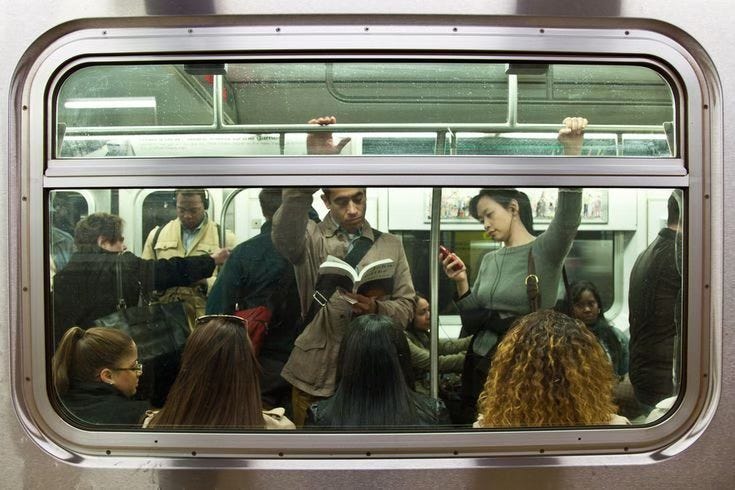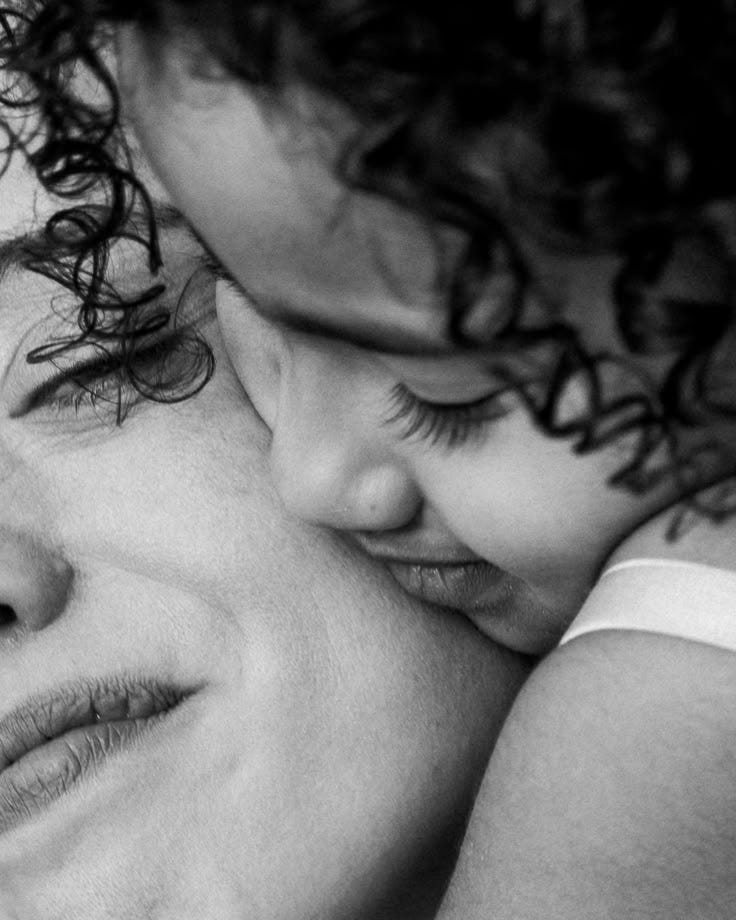“The world is your oyster”. A commonly heard phrase. It conjures an image of exotic adventure, luminous sunsets, and meeting handsome strangers, but how does the phrase translate today? Before the internet and social media, it perhaps encouraged the average person to simply look beyond their horizons and seize opportunity. But in a modern era of resource and media gluttony, perhaps this phrase is tainted, and this philosophy may only perpetuate our greediness and entitlement and subsequent disconnect from one another.
The phrase itself is perhaps the most true it has ever been in history, at least for a percentage of the population. Through modernisation, we now have greater access to the world around us (notwithstanding egregious travel costs and political barriers to entry), but more importantly, we now share a collective hallucination as we swipe through thousands of beautiful and shocking images each day. Opinions, images, foreign locations, strange and fascinating people. Capitalism sells us the dream through our screens, all while perpetuating a constant feeling of inadequacy.
Perhaps the world was not meant to be this big. Let me rephrase — perhaps our personal worlds are not meant to be this big. In every societal wound, mental, physical, or spiritual, we find capitalism rotting it from the root. A severing of community, an entrapping of people in systems, and a desperate plea for escapism. Is our obsession with self-improvement, aesthetics, and individuality making us sick? And is social media’s illusion of holding the world in our hands severing us from the real one we live in?
We want only to be worshipped from a distance like tiny gods, not to be engaged with, or held in our vulnerability in a real community.
Esther Perel was interviewed by Willow Defebaugh for The Nature Of podcast, where they discussed Interconnection and Curing Modern Loneliness. When asked what her advice is to a world that is disconnected from both nature and each other, Perel highlighted that, “we’re moving around way too much…We can’t want belonging and change jobs every two years… Why do we need to live alone? What happened to us that we began to see this [being alone] as success stories?”.
This struck me. We seldom have the opportunity to really root ourselves anymore. To develop true identity and belonging to the people and environment around us. Esther highlights that there is no sense of social responsibility anymore; we are adrift.
Every human is part of a social ecosystem. Even a single person with no family still engages in a larger social network. When you take our technology away, all we are made up of is a unique concoction of relationships, passions, work, beliefs and needs. The ingredients are different, but the recipe is the same. This is the core of humanness. Where we went wrong is being convinced that there always must be more. We are sold disposable identities that leave us feeling cheap and hollow, in which we keep returning for new hits.
Lacking community is a collective illness. While capitalism has formed these conditions, we are participating in our own demise through certain behaviours. Social media has tricked us into complete self-obsession. We lose touch of the real people in our lives while watching hours of a stranger’s online. The digital world feels so expansive that we are lost in fantasy and forget to truly connect with others (and this is by design). If we become so self-sufficient and beautiful and brilliant, we don’t need anyone else, right? That’s the ultimate goal, right? We want only to be worshipped from a distance like tiny gods, not to be engaged with, or held in our vulnerability in a real community.
Programmed Distrust and the Beauty of Ugly
Online algorithms have convinced us to distrust our own ability to entertain ourselves, seek information, form an opinion, and explore the world around us. It has removed us from ourselves and reinforces a feeling of lack not only by comparing lives, but also in how we navigate and trust our own minds. When we constantly consult a vast, artificial machine, we inadvertently internalise that our own mind is inferior and limited. But we forget that technology cannot replicate everything. It cannot replace my partner’s loving gaze, it does not have my mother’s soft hands, and it cannot feel the sun on my face for me. In a pursuit for convenience, we have forgotten what makes us human.
Not everything is meant to be beautiful. Our world’s fixation on appearances is a blatant symptom of digital media, where curation and editing is king. We are spoiled for choice by algorithms that study us, showing us only what we like and is the most visually appealing. This is a trap, as we become quick to reject anything unfitting to our carefully-curated aesthetic of the month. What are we missing out on through this rejection?
What is the Answer?
Back to the wisdom of Esther Perel on The Nature Of, she highlights that “nobody really knows at scale how to defy the very forces that are constantly splintering us and atomising us at this moment.” But hopefully, advises that we should aim to, “create a level of responsibility and interconnection between you and others….Others that have obligation for each other to protect, to nurture…to provide the basics…so that's another way of connecting.”
The answer is not to stop travelling, or loving things that are beautiful, or to stop looking beyond your horizon. It is about asking when we are distracted and isolated to the point of illness and are chasing sunsets that simply don’t exist. Perhaps we must embrace surrender that the whole world is not, in fact, ours. In releasing this, the value returns to what is ours; our own precious ecosystems, and the fixation on inadequacy is dissolved, because everything is really right here in front of us.







